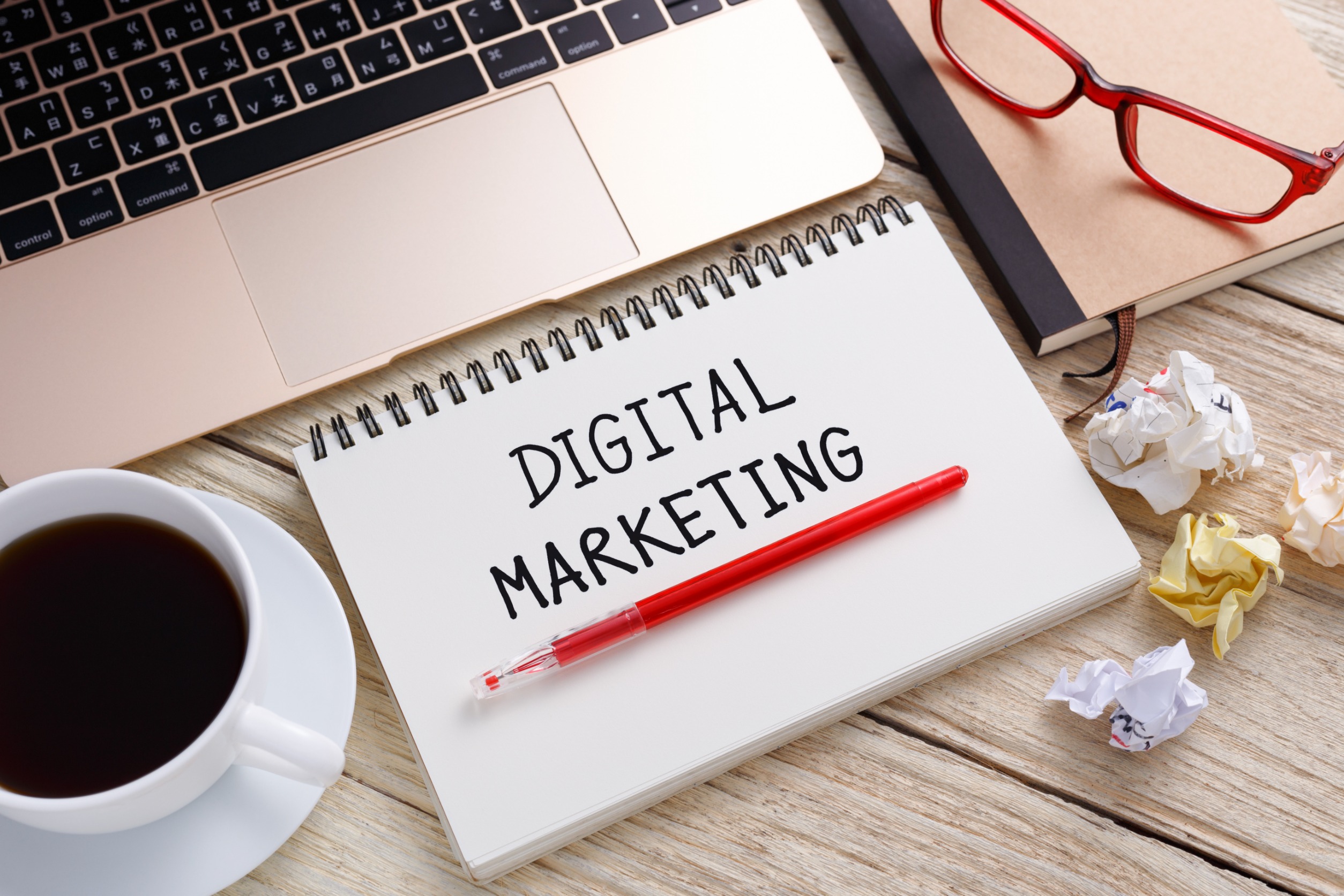In the dynamic realm of today’s digital landscape, understanding the concept of digital marketing has become crucial for businesses seeking online success. In this comprehensive guide, we will explore the fundamentals of digital marketing, shedding light on its significance, strategies, and potential benefits.
What is Digital Marketing?
Digital marketing encompasses a wide range of online strategies and techniques businesses employ to connect with their target audience, promote their products or services, and achieve their marketing objectives. Unlike traditional marketing, which relies on offline channels like print or television, digital marketing harnesses the power of the internet, leveraging various digital platforms and technologies.
B2B vs. B2C Digital Marketing
When it comes to digital marketing, understanding the distinctions between B2B (business-to-business) and B2C (business-to-consumer) strategies is essential. B2B digital marketing targets other businesses and organizations as customers. It involves building relationships, establishing trust, and providing valuable information that addresses the specific needs and pain points of business clients. On the other hand, B2C digital marketing caters directly to individual consumers. B2C marketing often relies on visually appealing and emotionally driven content, social media platforms, influencer marketing, and personalized recommendations to engage with a broad consumer base. While B2B and B2C digital marketing share common strategies, such as SEO and content marketing, understanding their unique approaches is crucial for designing effective digital campaigns that resonate with the intended target audience.
Types of Digital Marketing Strategies
To effectively navigate the digital landscape, businesses execute diverse digital marketing strategies tailored to their goals. A digital marketing strategy outlines the goals, target audience, keywords, and tactics to employ. It serves as a roadmap, guiding businesses in leveraging digital channels effectively to achieve their marketing objectives. Some common strategies include:

Search Engine Optimization (SEO)
SEO is the process of optimizing websites to improve their visibility in search engine results pages (SERPs). By optimizing content, keywords, and technical elements, businesses can rank higher on search engines and attract organic traffic. SEO enhances website credibility and increases the chances of being discovered by potential customers actively searching for relevant information.
Pay-Per-Click (PPC) Advertising
PPC advertising allows businesses to display ads on search engines or other websites and pay only when users click on their ads. Popular PPC platforms include Google Ads and Bing Ads. This strategy provides immediate visibility and allows businesses to target specific keywords, demographics, or locations. Well-optimized PPC campaigns can generate quality leads and drive conversions.
Content Marketing
Content marketing revolves around creating and distributing valuable and relevant content to attract and engage a target audience. Blogs, articles, videos, infographics, and social media posts are some of the mediums used. By offering informative and engaging content, businesses can establish thought leadership, build brand authority, and nurture customer relationships.
Social Media Marketing
Social media platforms like Facebook, Instagram, Twitter, LinkedIn, and YouTube offer powerful avenues for businesses to connect with their audience. Social media marketing and management involves creating and sharing engaging content, running targeted ads, and fostering interactions to build brand awareness, drive website traffic, and promote products or services.
Email Marketing
Email marketing involves sending targeted emails to a subscriber list. It enables businesses to nurture leads, build customer loyalty, and drive conversions. Effective email marketing relies on segmentation, personalization, and automation to deliver relevant and timely content that resonates with recipients.
Digital Marketing Campaigns
Digital marketing campaigns involve strategic planning, execution, and monitoring of marketing activities across various channels. A successful campaign consists in creating engaging content, selecting appropriate channels, and deploying tactics to drive desired actions. This data-driven approach enables businesses to refine their strategies, optimize campaigns, and achieve better results.
The Benefits of Digital Marketing
Embracing digital marketing can offer numerous advantages to businesses and improve their online visibility. As a cost-effective alternative to traditional marketing methods, businesses can reach a wider audience at a fraction of the cost compared to print or TV advertising. Through data analysis and user profiling, businesses can deliver tailored content to specific demographics, increasing the chances of conversion. With analytics tools, businesses can track and analyze the performance of their campaigns in real time, allowing for data-driven decision-making and continuous optimization. Some of these benefits include:
Increased Reach and Visibility
Digital marketing allows businesses to reach a global audience without geographical limitations. Businesses can extend their reach and enhance brand visibility by optimizing their online presence, leveraging social media, and employing targeted advertising.
Enhanced Targeting and Personalization
Digital marketing provides precise targeting options, allowing businesses to tailor their campaigns to specific demographics, interests, or behaviors. Personalized marketing fosters stronger connections with customers, leading to higher engagement and conversion rates.
Measurable Results and Analytics
Digital marketing offers robust analytics tools that provide insights into campaign performance, audience behavior, and ROI. By monitoring and analyzing data, businesses can refine their strategies, optimize campaigns, and allocate resources effectively.
Cost-Effectiveness
Compared to traditional marketing channels, digital marketing often offers a more cost-effective solution. With proper planning and optimization, businesses can achieve significant results within their allocated budgets, making it accessible for businesses of all sizes.
Increase Your Online Visibility With Digital Marketing Services
In today’s digital era, understanding digital marketing is crucial for businesses aiming to thrive online. From optimizing websites to leveraging social media, search engine marketing, content creation, and data analytics, digital marketing offers a variety of tools and techniques to connect with target audiences, build brand awareness, and drive business growth. By implementing effective strategies such as SEO, PPC advertising, content marketing, and social media marketing, businesses can effectively navigate the digital landscape and thrive in the competitive marketplace.
To learn more about digital marketing and the benefits of SEO-rich content, check out our BrandRep blog for advice from digital marketing experts.













